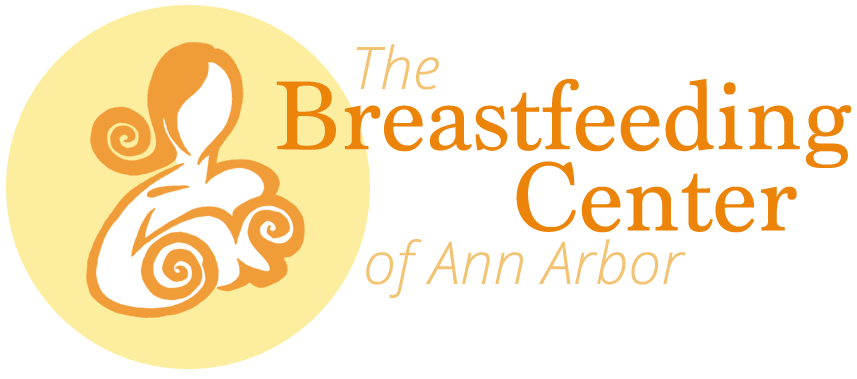Wow! Who knew that feeding a baby could be so controversial!
I want to make sure it is clear that it is my job to help mothers feed their babies in the manner of their choosing. I get calls all the time from families who want to/need to wean, and from formula feeding families who have questions about appropriate feeding for their babies. There is not much support out there, period, and I help families all the time and it is not my job to judge them in their choices. Rather it is my job to support them in whatever decision they make. I feel I do a good job with this.
So, back to breastfeeding…My plan for this next column was planned before I even wrote my last one. It was to talk about some of the research that is out there. I did look at the studies one of the commenters provided. I was familiar with the old one from the 70’s. One of the problems with that study is that until recently we didn’t have good definitions of how to categorize a “breastfed” baby. Is it one that has been breastfed once in their life? Twice? 40 times? Or what we now consider the standard, exclusively breastfed.
This means nothing but breastmilk has passed through that baby’s lips. My first child, while he was breastfed, he was not exclusively breastfed. We used formula in the beginning as we transitioned to nothing but breastmilk. So, my first baby would not now have qualified for this category, exclusively breastfeed, although he received nothing but breastmilk from 3 months until 6 months when we started solids for him.
Many older studies put all the babies who received some breastmilk in the breastfed category. So my son would have been included with the “breastfed” babies when he in fact started out completely formula fed and switched to breastmilk over time. What we find is if we tease out the babies who only received breastmilk, we see the biggest differences in outcomes. We do this with breastfeeding “initiation” as well. A woman who puts her baby to the breast, even once, is put in the breastfeeding initiation category. It doesn’t matter if the baby actually feeds, if it hurts the mother, or she never does it again. The JOINT Commission on Health is now looking at these breastfeeding numbers and have found a more useful number would be who is “exclusively” breastfed while in the hospital for their maternity stay. So, it is rightfully confusing as to what these terms mean.
There was an article that was written in the Atlantic many months ago which caused many important discussions about breastfeeding. It was interesting that when I was discussing it with my friend Joe, the father of two breastfed babies. He said something like, “Even if there isn’t research proving breastmilk is better for babies, doesn’t it just seem like the right thing to do?” This is getting back to the idea that we are mammals and mammals breastfeed their babies. But fortunately for Joe and all of us, there is good research out there showing that most babies are healthier from breastfeeding.
People argue that most breastfeeding studies aren’t rigorous enough. In particular, you cannot do double blind, randomized controlled studies with infant feeding. Most parents have strong feelings about how they are going to feed their babies and don’t want to be part of a feeding experiment. There are a few that are in the middle, not sure if they are going to breastfeed or formula feed, but most are sure. On the other hand, as with all scientific studies, the researchers have to show that no harm will be caused by their study and the fact is we cannot promise that formula feeding will not cause harm. You could say, “Well, you can’t show that breastfeeding won’t cause harm!” While that may be true, it doesn’t matter because regardless of how people feel about breastfeeding, it is the biological norm to feed a human baby with breastmilk.
I am not going to beat you over the head with studies but there is a wonderful meta-analysis of breastfeeding research done in 2007.
A meta-analysis is one of the best types of research evaluation. They looked at many breastfeeding studies (9000!) and tossed out the weak ones and keep the best studies with rigorous methods. The other thing I did was google “Risks of Formula Feeding” to see what came up. Read some of these and see what you think. Finally, Marsha Walker, one of the world’s leading experts on breastfeeding, has a wonderful page on this subject.
In my mind, the science is clear.
